In many ways drug counselors are professional multi-tasking individuals who function on a variety of levels. There are multiple aspects associated with drug addiction, and many times drug counselors finds themselves serving as a psychological counselor as well as a lifestyle change agent. Many addicts have lived for long periods in a depressive state and often have very many issues regarding “life on life’s terms” that must be ultimately addressed. Getting clean and sober requires personal changes and focused attention on priorities, which means the counselor is a general adviser as well as a professional practitioner.
Healthcare Training
Drug addicts often have physical problems associated with their addiction, and it is important for a drug counselor to understand how drugs impact the body and the actual damage resulting from chemical usage. Physiological changes in the brain can make recovery difficult for many addicts, as the primary damage is often breakdown in the frontal lobe. This is the region of the brain where individuals make cognitive decisions concerning their actions and personal values, and it is often the primary region that suffers the most damage from drug abuse. In addition, impulses between areas of the brain can be interrupted, resulting in an inability to think positively. One of the primary problems that all addicts face is the breakdown of the body as an unintended consequence of drug abuse.
Psychology Training
Much of recovery is a psychological battle based on a variety of factors. Personal history can be a real problem because dealing with life creates issues that cannot be controlled. A professional drug counselor will be trained in the consistencies between thinking problems for all addicts, as every addict suffers from “stinking thinking” to some degree. Having a solid background in understanding psychology can be very important for any aspiring drug counselor because this knowledge will be used regularly when dealing with every patient.
Communication skills are also ultimately vital for drug counselors, as many times the counselor is attempting to be logical with a drug addict whose entire life has been illogical. Completely restructuring the methods of logical deduction are often first priority for the recovering addict, and knowing how to go about this lifestyle change can be challenging. Acquiring strong communication skills during proper training is vital for anyone who is truly serious about serving addicts as an effective and professional drug counselor, and communication courses make excellent elective choices for a studying drug counselor.


Recent Comments